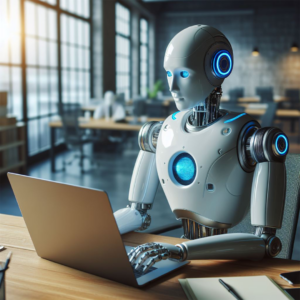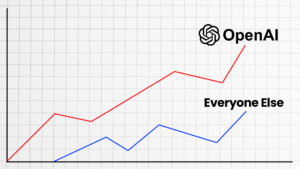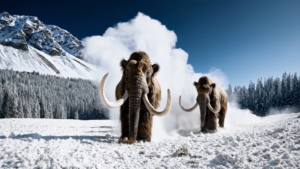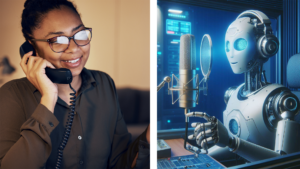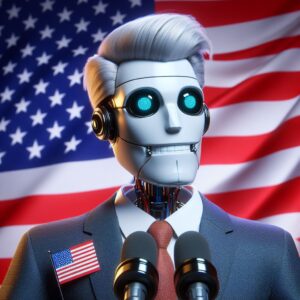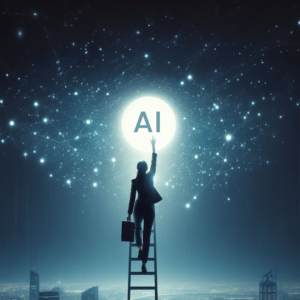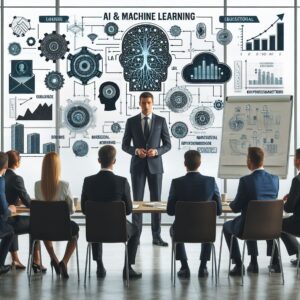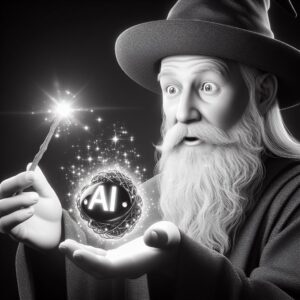In the ever-evolving landscape of artificial intelligence (AI), OpenAI stands at the forefront, pushing boundaries and making waves. A recent incident involving OpenAI’s assertion before a UK parliamentary committee has sparked debates regarding the legality of training AI models using copyrighted works without explicit permission. Let’s delve into the complex legal implications surrounding this practice, exploring different viewpoints and the potential consequences for the future of AI development.
OpenAI’s Bold Assertion
OpenAI’s argument revolves around the assertion that developing advanced AI systems, such as ChatGPT, would be “impossible” without utilizing vast amounts of copyrighted data. The company contends that the broad training required for these AI tools makes adhering to copyright laws unworkable. According to OpenAI, virtually every form of human expression, from news articles to forum comments to digital images, would be off-limits for training data if strict compliance were enforced.
Challenges of Copyright Compliance
The challenges of adhering to copyright laws in AI development, as outlined by OpenAI, are multifaceted. The ubiquity of protected online content and expansive laws make it difficult to find training data that is both comprehensive and legally usable. OpenAI argues that limiting training data to public domain works from over a century ago would not meet the needs of today’s citizens, highlighting the impracticality of strict adherence in the fast-paced world of AI innovation.
Legal Battles and Lawsuits
OpenAI’s stance on training AI models has not been without consequences. The company has found itself entangled in multiple lawsuits, including legal action from media outlets like The New York Times alleging copyright breaches. These lawsuits underscore the challenges and legal risks associated with the unbridled use of copyrighted material in AI development. Despite facing legal challenges, OpenAI appears resolute in its commitment to broad data collection and training processes.
Potential Compromises: Partnerships and Compensation
While defending its practices as compliant, OpenAI has acknowledged the possibility of partnerships and compensation schemes with publishers to “support and empower creators.” This suggests a willingness to cooperate with content creators and rights holders, albeit without a clear indication of a significant reduction in its data harvesting practices. The company’s stance opens up avenues for potential compromises that balance AI development with respect for copyright holders.
The Fair Use Argument
OpenAI’s strategy revolves around broad interpretations of fair use allowances to legally leverage vast amounts of copyrighted data. By relying on fair use, the company aims to justify its extensive data collection practices as essential for the development of advanced AI systems. The legal interpretation of fair use in the context of AI development is likely to be a focal point in ongoing courtroom battles, with legal experts anticipating vigorous debates around infringement by AI systems designed to absorb protected text, media, and other creative output.
The Future Landscape of AI and Copyright
As advanced AI continues to demonstrate uncanny abilities in emulating human expression, the legal landscape surrounding copyright and AI development is expected to evolve. OpenAI’s bet against copyright maximalists in favor of near-boundless copying represents a bold stance that could shape the future of AI innovation. The ongoing legal battles will likely set precedents for the industry, influencing how AI developers navigate the delicate balance between pushing technological boundaries and respecting intellectual property rights.
Conclusion
The intersection of AI development and copyright law presents a complex and contentious landscape. OpenAI’s assertion that strict adherence to copyright law is “impossible” raises important questions about the ethical and legal considerations in training AI models. As legal battles unfold and the industry grapples with these challenges, finding a balance between fostering innovation and respecting intellectual property rights becomes paramount. The outcome of these debates will undoubtedly shape the trajectory of AI development and its relationship with copyright in the years to come.
Want to make the most out of AI in your business? Contact Epimax and follow us on social media for more business and tech insights.


